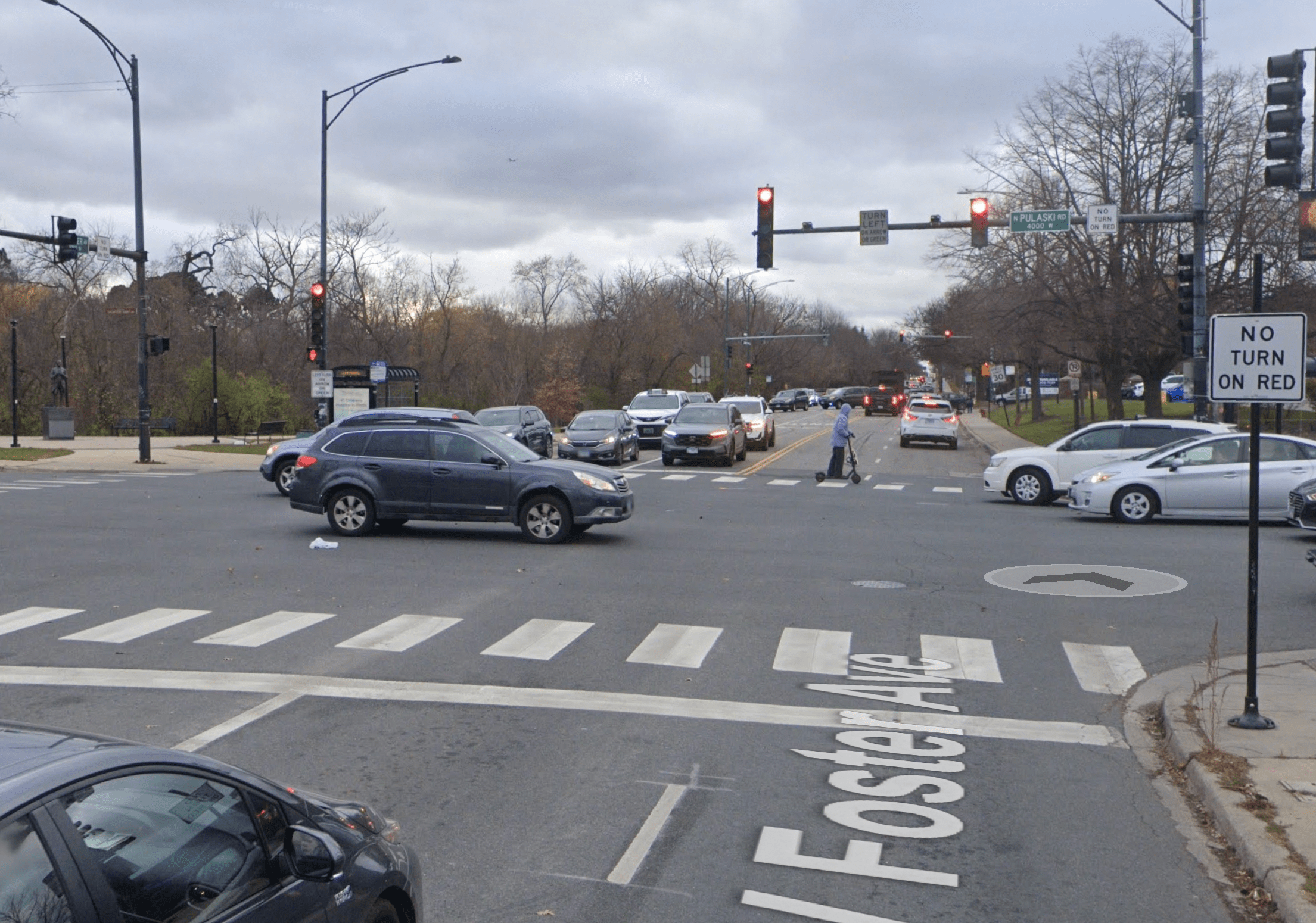Nashville is known as the home of the country music industry -- and a fast-growing region of car-centric sprawl. But local leaders realize they can't accommodate more growth with an outdated, cars-first approach, so Mayor Megan Barry released an action plan yesterday that lays out an ambitious agenda to improve conditions for walking, bicycling, and transit.
The plan calls for an expansion of frequent bus service, pedestrian safety improvements, and bikeways. "It’s impossible to pave our way out of congestion," Barry writes in her introduction to the report [PDF]. "The thread running through all of these programs is getting the work done fast, with streamlined processes designed to get projects out the door and on the ground."
The action plan, called "Moving the Music City," emerged from planning that Barry initiated when she was elected nearly two years ago. Since 2015, Nashville has started work on a citywide transportation plan and released separate reports on transit and active transportation. Barry is also pushing a ballot initiative to raise funds for a new light rail system, but that project will likely take years, and could take even longer if matching federal funds for transit are not available.
So Barry is acting quickly by focusing on her city's streets. Some of the more eye-catching initiatives include:
- Redesigning the city's bus network, adding service to the 14 busiest routes so buses arrive at least every 15 minutes, extending the hours of bus operation, eliminating transfer fees on buses, upgrading to an electronic fare-payment system, and adding transit-priority signals and bus lanes to key streets.
- Adopting a Vision Zero agenda to eliminate traffic fatalities, focusing on improving pedestrian safety at crash-prone locations by implementing quick, low-cost solutions.
- Piloting "new public space projects" downtown, with a focus on the Lower Broadway area, which is a popular destination for bars and live music.
- Installing a new protected bike lane on Magnolia Boulevard and Music Row, home to the headquarters of many record labels.
- Developing transit-oriented development guidelines, focusing on future light rail corridors.
One street that's set for major upgrades under Barry's plan is Nolensville Pike, a wide, auto-oriented road that's an important link for bus riders in low-income neighborhoods southeast of downtown.
"Nolensville Pike serves as a major artery in Nashville's current transit system, and will be a corridor of focus for increased density and future light rail," the city's report says. "We'll be using 'quick build' techniques to bring near-term pedestrian-safety improvements to the corridor," including upgraded bus stops, more frequent buses, and kiosks with real-time bus arrival information.
These types of improvements are needed, but they also run the risk of raising rents and pushing out current residents. A new report [PDF] from Transportation for America and Conexión Américas, a local Latino immigrant services non-profit, released on the same day as the city's action plan, lays out a roadmap for how to improve Nolensville Pike without displacing vulnerable residents.
Transportation for America explains that the goal isn't to prevent transportation upgrades and development, but to steer them in the right direction and ensure people there now will benefit from them:
There’s growing, unmet market demand in Nashville for well-connected neighborhoods in close proximity to jobs, services, and good schools that have safe streets for walking or cycling, and/or public transportation. But there are only a small number of neighborhoods that fit this bill regionally, and they are mostly within Nashville’s urban core...
Rather than attempting to prevent new development along Nolensville Pike, which could bring jobs, increase the tax base, and improve quality of life for existing and new residents alike, the goal should be to ensure that improvements to the corridor include housing and commercial opportunities for immigrants, minorities, low-income households, and long-term residents who have called the neighborhood home or operated businesses there for many years.
The report's recommendations include creating an alliance of business owners already along Nolensville Pike, developing opportunities for business owners to purchase property, providing a property tax abatement for low-income homeowners, and building new subsidized housing as the area redevelops.




